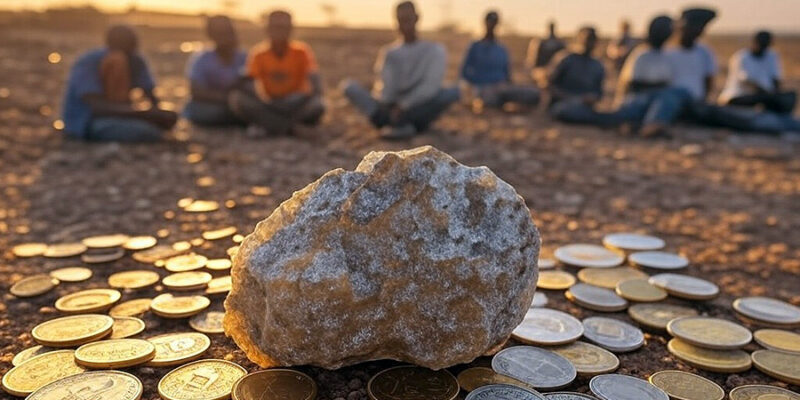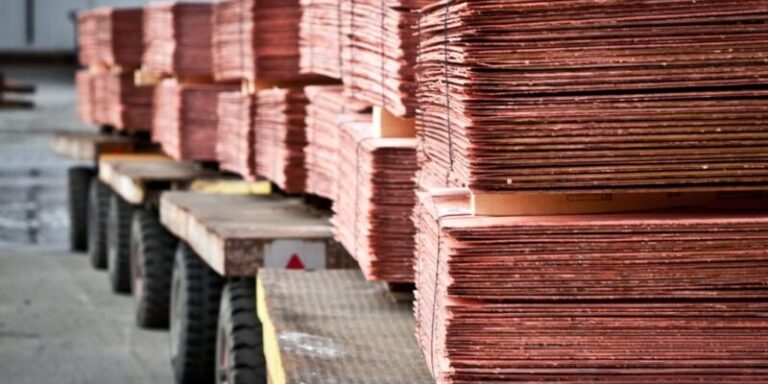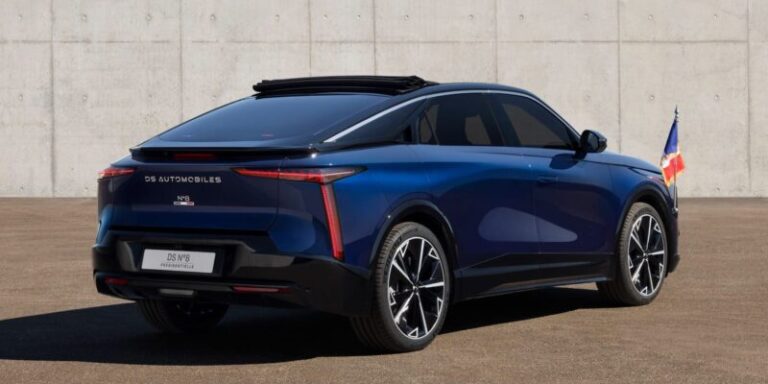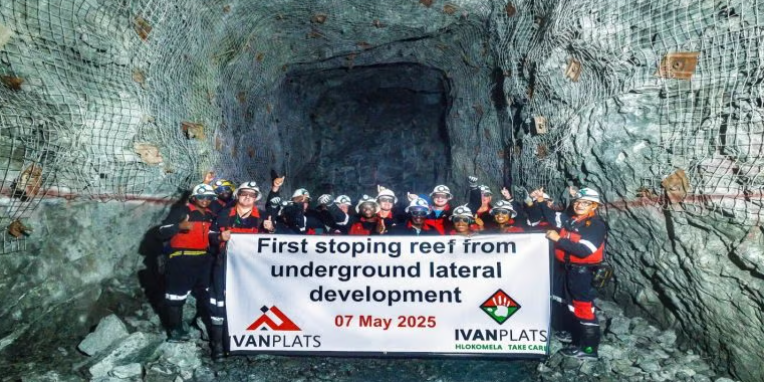
The African Development Bank (AfDB) has unveiled a bold proposal for a new financing mechanism that would establish a critical minerals-backed currency system.
This initiative, inspired by the gold standard, aims to stabilize African economies and unlock greater investment in clean energy and infrastructure development.
Africa holds approximately 30% of the world’s critical mineral reserves, including cobalt, copper, lithium, manganese, and rare earth elements—key materials for the global energy transition and electric vehicles (EVs).
However, the continent only attracts 3% of global energy investments annually, with just $40 billion directed toward green initiatives in 2023.
The AfDB attributes this low investment rate partly to currency volatility and proposes a new “non-circulating” financial unit, the African Units of Account (AUA).
This system would be backed by pooled critical mineral reserves, allowing local currencies to be converted at a fixed rate, enhancing financial stability and investment confidence.
The AfDB likens the AUA to the historical gold standard, which once provided global currency stability. Additionally, it builds upon the CFA franc’s euro peg in Francophone African nations, arguing that a basket of critical commodities would maintain value better than any single African currency.
If implemented, the critical minerals-backed financing system could:
- Lower borrowing costs for clean energy projects
- Enhance cross-border financial cooperation
- Strengthen Africa’s negotiating power in global resource markets
- Help close the continent’s $400 billion annual funding gap
Under the proposal, revenues from electricity sales in local currencies would be directed to a designated settlement agent, which would then sell an equivalent amount of minerals to generate U.S. dollars.
This would ensure the repayment of loans for energy development projects, creating a more reliable financing structure for Africa’s clean energy transition and economic growth.
The AfDB has not provided a specific timeline for introducing the currency but emphasizes that such a mechanism is crucial for achieving Africa’s sustainable development goals and long-term energy security.





